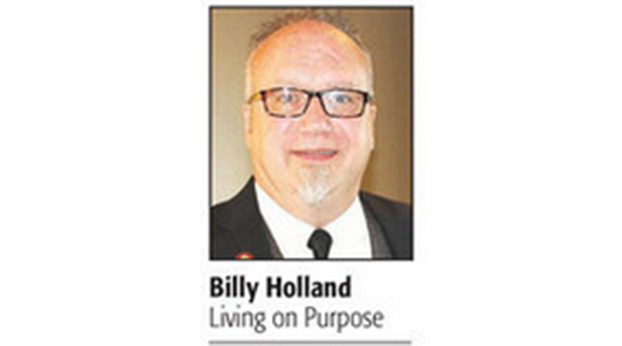WATERS: Current environment provides opportunity to advance school choice
Published 10:19 am Wednesday, June 17, 2020

- Jim Waters
|
Getting your Trinity Audio player ready...
|
“In the middle of difficulty lies opportunity,” Albert Einstein said.
Whether we see – and seize – the available opportunities during these chaotic times depends on how much effort we’re willing to expend.
A vigorous ongoing discussion continues about Fourth Amendment rights since 26-year-old Louisville EMT Breonna Taylor was shot to death in March by officers who obtained a “no-knock” warrant to enter her apartment at 1 a.m. as part of a narcotics raid.
This tragic event has led to a healthy policy debate regarding constitutional protections from “unreasonable searches and seizures.”
Activists and the local elected officials who represent them, and law enforcement officers themselves are all being heard while Louisville Metro Council moves toward seizing the opportunity with “Breonna’s Law.”
It’s an example of community members with various backgrounds genuinely seeking for — and coming to the table with — well-thought-out solutions critically important to forging future positive transformation in the aftermath of a really bad event.
Groups representing the minority community now have an unprecedented opportunity to achieve the kind of changes they desperately want and are needed to combat racism and all its ugly effects in so many areas.
“Education,” for example, is listed as one of the #WhatMatters2020 issues on the Black Lives Matter website.
While it’s deemed an issue for attention, no specific solutions are offered on the site.
But what a force for change BLM could be in education policy by offering ideas that speak directly to the heart of the failure of the public education system to step up when it comes to our most at-risk children who, for far too long, have been left behind.
BLM could use its considerable influence to demand that low-income parents in the minority community be empowered to determine which school works best for their children instead of accepting the education forced upon them by the system.
A recent Bluegrass Institute report finds that fewer than 10 percent of black students in most high schools in the Jefferson County Public Schools reached math proficiency during the 2018-19 school year, while only about one-third of blacks who graduated received meaningful diplomas indicating they’ve been adequately prepared to succeed in a transition to college or a career.
BLM could absolutely change this trajectory by demanding that Kentucky’s legislators quit playing games with these children’s futures and restart the commonwealth’s stalled charter-school law.
Nearly 60 percent of the 3 million children attending the 7,000 charter schools in America are from minority and low-income homes, with many finding life-transforming educational opportunities just through the basic policy of allowing their families choices.
While charter schools are publicly funded and thus don’t require parents to pay tuition to enroll their children, they’re succeeding with poor minority children left behind by the system, largely because they’re exempt from rules and regulations, which are obstacles to ensuring students get the kind of sterling education which prepares them for a successful life.
These schools have offered the only proven, consistent solution to giving our most at-risk children the kind of education that prepares them to seize the opportunities they demand and achieve the equality they deserve.
Jim Waters is president and CEO of the Bluegrass Institute for Public Policy Solutions, Kentucky’s free-market think tank. Read previous columns at www.bipps.org. He can be reached at jwaters@freedomkentucky.com and @bipps on Twitter.





